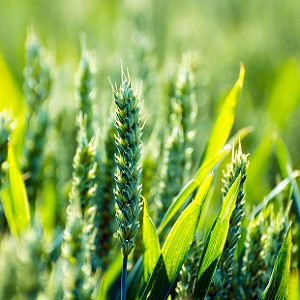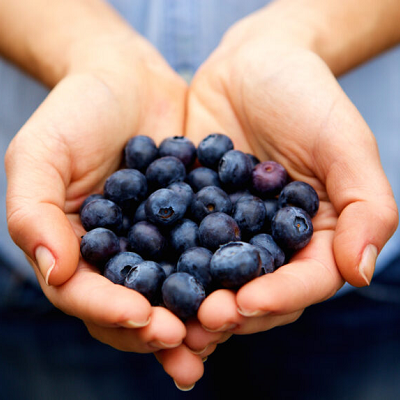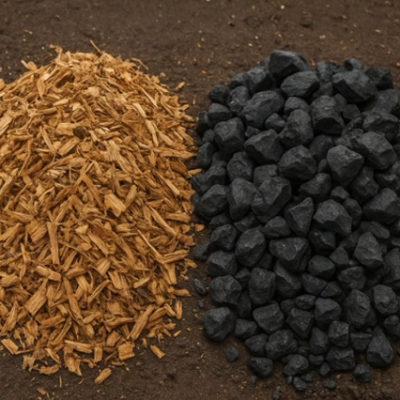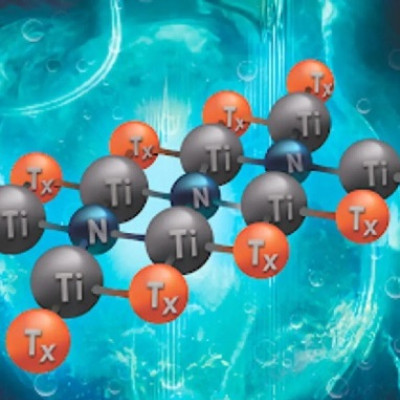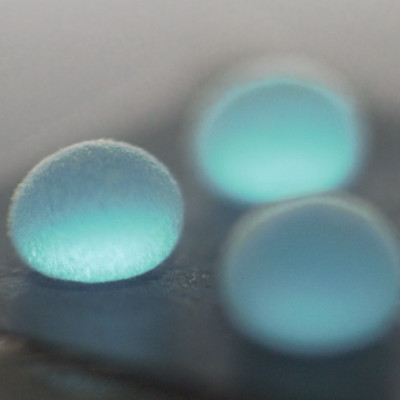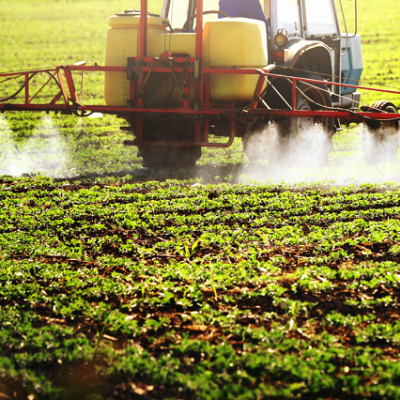According to United Nation's prediction, the world will have a population of more than 8 billion in 2025. This population will need food and due to some limitations such as limited amount of fertile soil and low amount of raining in many parts of the world, it is necessary to find new approaches to increase the production of foodstuff.
Nanotechnology can be used in this process in various aspects. For example, nanosensors can be used to increase the efficiency of watering process. Flybird Innovations is one of the new-born companies in the field of nanotechnology, which has increased efficiency and yield of products by using smart watering systems. This company has designed and produced two automatic systems to improve system performance by using nanotechnology. The company was established 4 years ago, and it tries to reduce the consumption of water, energy, and human resources. The company has produced a fertilization system to place fertilizer in soil at determined time intervals. The purpose of this system is to reduce the consumption of water and chemical fertilizers. Water system has been designed in this company by using nanotechnology, and it can be programmed for a whole week. The device has a LED to separate three different operation phases. A sensor in this system determines environmental conditions to adjust the optimum situation of watering. In case of raining, the sensor detects it and postpones the watering process based on the amount of raining to save water. This system equipped with a sensor facilitates farmers' job because the device detects when the watering should be done and there is no need for regular watering. The smart device is equipped with a sensor, and it facilitates watering process as well as reducing water consumption.
NanoLabs is another company active in the application of nanotechnology in agriculture. NanoLabs tries to reduce water consumption by using nanotechnology. To this end, the company has designed a system entitled ASAR that saves water 20-50% depending on the type of the soil. Reducing the consumption of pesticides is another objective of Nanolabs. This company is able to adjust the consumption of fertilizer based on reduction in water consumption. Improving quality of other products is another objective of this company, to the extent that it is able to increase the growth of biogerms up to 40%.
Application of nanotechnology is not limited only to water issues. Metal and metal oxide nanoparticles can be significantly used in agriculture. These materials can be poured directly on leaves to increase their absorption by the plant. This process reduces the amount of chemicals and minimizes pollution, as well as decreasing water consumption. Recent studies show that the application of zinc oxide (ZnO) nanoparticles on mung bean seeds significantly increases the quality of these seeds. Iron nanoparticles have increased the growth efficiency of tomato and potato. In general, nanofertilizers have noticeable performance in agriculture to the extent that an increase of 25% in efficiency has been observed in some cases after the application of nanofertilizers.
Therefore, nanotechnology can save large groups of humans in future by trying to make fundamental changes in agriculture industry.

